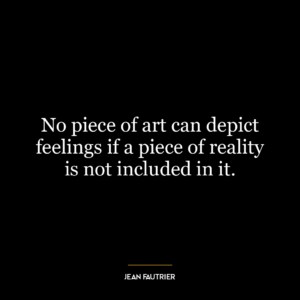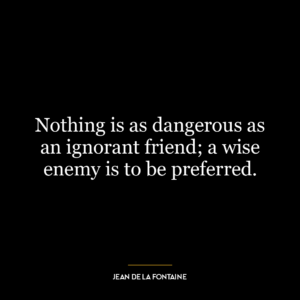This quote proposes that the foundation of our ability to extend friendliness towards others is fundamentally rooted in our own self-perception and self-love. Essentially, it suggests that our external world mirrors our internal world; we can only give what we have within ourselves. If we harbor friendly, compassionate feelings for ourselves, then we can extend these feelings to others. Conversely, if we are filled with self-loathing or self-criticism, it becomes difficult to genuinely express friendliness to those around us.
The quote also underscores the importance of self-awareness and introspection. It implies that personal development and self-improvement aren’t just about outward actions but also about cultivating a healthy and friendly relationship with oneself. It’s about acknowledging our flaws and strengths, and still being able to love and accept ourselves. This self-acceptance then becomes the basis for accepting others, despite their flaws and differences.
In today’s world, this idea is particularly relevant. We live in a time where external validation through social media likes, comments, and shares have become a measure of self-worth for many. This constant need for approval can often lead to self-criticism and comparison, which can erode our friendly feelings towards ourselves. By applying Aristotle’s wisdom, we can learn to disconnect our self-worth from these external factors and cultivate a more friendly relationship with ourselves.
In terms of personal development, this quote can serve as a reminder that self-improvement begins with self-love. It encourages us to focus on building a strong foundation of self-compassion and self-understanding. This can lead to improved mental health, more fulfilling relationships, and overall personal growth. After all, when we’re at peace with ourselves, we’re more likely to spread peace and friendliness to those around us.
















